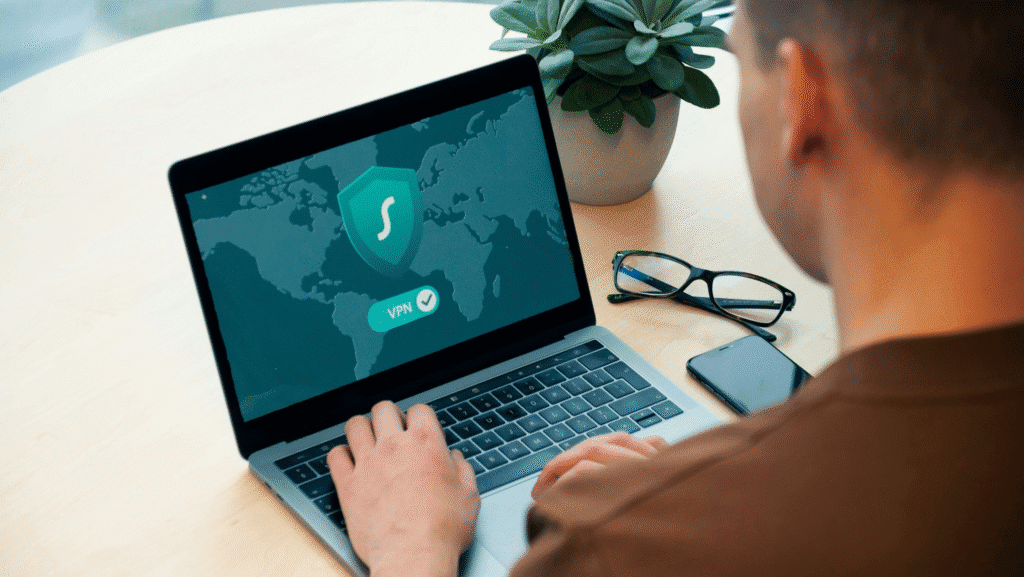It was a normal day until something very serious happened behind the scenes at one of the biggest insurance companies in the United States — Allianz Life. On July 16, 2025, unknown hackers broke into a system connected to the company and stole a lot of private information. This wasn’t just any small glitch or mistake. This was a full-blown cyberattack that has affected many people across the country.
The next day, on July 17, Allianz Life found out about this hacking incident. The company later confirmed that the personal details of most of their customers, financial professionals, and some employees had been stolen. This shocking information was shared in a filing with the attorney general of Maine. However, the exact number of people affected was not mentioned right away.
Allianz Life is a well-known insurance company that helps people plan for their future. It has around 1.4 million customers in the United States alone. So, when something like this happens, it creates a wave of fear and confusion. People trust companies like Allianz with very personal information — like names, addresses, and other identity-related data — and when that trust is broken, it’s a very serious issue.
A spokesperson from Allianz Life told Reuters in an email, “On July 16, 2025, a malicious threat actor gained access to a third-party, cloud-based CRM system used by Allianz Life Insurance Company of North America (Allianz Life). The threat actor was able to obtain personally identifiable data related to the majority of Allianz Life’s customers, financial professionals, and select Allianz Life employees, using a social engineering technique.”

Let’s try to understand what all this means in simpler words. A “malicious threat actor” means a hacker with bad intentions. The “third-party, cloud-based CRM system” is like a digital contact book that’s stored online and used by the company to manage its relationships with clients and employees. The hacker didn’t break into Allianz’s main computer system directly but used this outside system to sneak in. And they didn’t just guess passwords — they used something called “social engineering.” This means they tricked someone, maybe by pretending to be someone they’re not, to gain access.
This is not the first time a company has suffered a cyberattack like this. In recent years, many big businesses have faced similar problems. But what makes this one different is how many people have been affected. When a company says “the majority” of customers were involved, that usually means more than half — which is a lot when you have over a million customers.
Right after the company found out about the hack, they contacted the FBI. This is an important step because cybercrimes like this are very serious and need expert investigation. The company is now working with law enforcement to understand what exactly happened and who is behind the attack.
Allianz Life has also said that their main computer systems were not touched. This includes their policy administration system — the one that holds important records about insurance plans and customer policies. So, for now, they are trying to calm people down by saying that the damage might be limited to the contact system and not their full network.
Even though Allianz is trying to fix things, this event brings up some very important questions. How safe is our personal information online? If such a large company can be hacked, what about smaller businesses? Many people share their data every day when signing up for services, opening accounts, or even just using social media. But most people don’t know how or where that data is stored.
What’s also worrying is the method used in this hack — social engineering. Hackers are getting smarter. Instead of just using computer tricks, they now use psychological tricks. They might send fake emails, pretend to be someone you trust, or call pretending to be from your bank or company. If someone accidentally gives them access, the damage can be huge.
After the news spread, many customers likely began wondering if their information was safe. It’s natural to feel scared or even angry when something like this happens. Allianz Life says it will continue to investigate and update those affected, but trust once broken is not easily rebuilt.
Cybersecurity is now more important than ever. Companies, big or small, need to check their systems regularly, train their staff not to fall for tricks, and keep customers informed. And as regular people, we should also learn to protect ourselves. Don’t click on strange links, never share passwords, and always double-check when someone asks for your personal details.
For Allianz Life, this is going to be a hard lesson. Even though they are saying their main systems are safe, the fact remains that a lot of personal data has already been taken. That data could be used in many harmful ways, like fake accounts, scams, or identity theft.
This incident reminds us all that the internet, while useful, is also full of risks. Just like we lock our doors at night to stay safe, companies need to “lock” their online doors too — with strong cyber protection and careful systems.
It is still not clear how long the investigation will take or when Allianz will finish checking the full damage. But one thing is for sure — many people in the US are now more aware of how fragile digital security can be.
As of now, Allianz Life has promised to take better safety steps moving forward. They have also told the public that they are committed to keeping everyone informed as they learn more. Hopefully, this situation will lead to stronger systems and better protection for all of us in the future.








